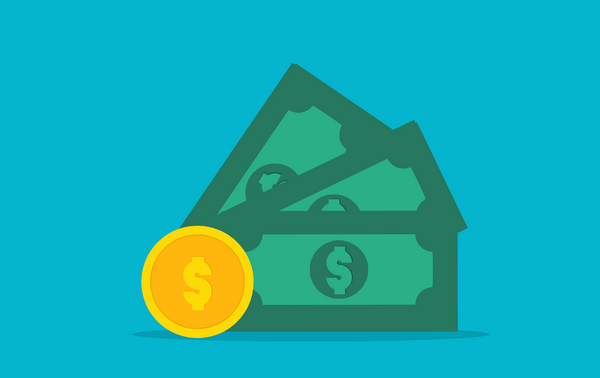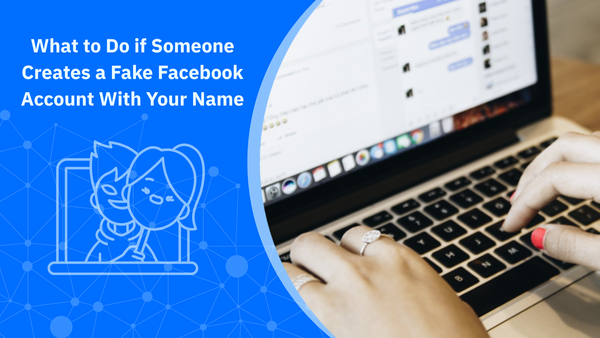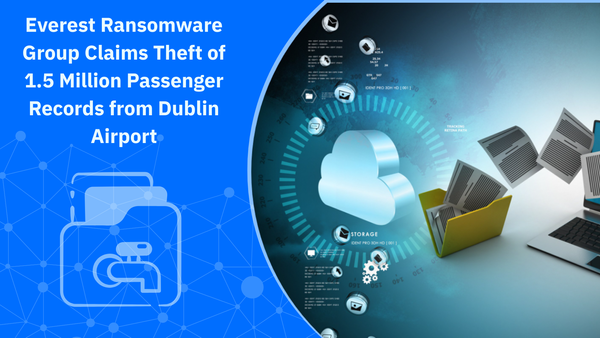Are you shopping savings? What data cashback sites collect, and how they use it

Along with the growing popularity of online shopping in recent years came the rise of cashback sites, which offer customers the opportunity to earn money back on their purchases.
The global cashback industry is expected to be worth more than $200 billion a year by 2024, with statistics showing that 46% of cashback participants consider it a vital step in their purchase decisions.
USA: With over 14 million downloads in 2022, rewards and gift card app, Fetch, was the most popular discounts and deal shopping app in the United States, according to Statista. Cashback app Upside came in second, downloaded around 11.6 million times, followed in third place by Ibotta, with 3.7 million downloads.
Australia: ShopBack has 1.5 million Australian members and Cashrewards has 1.1 million (Choice.com.au)
From clothes and electronics to groceries and home goods, cashback sites reward shoppers with a percentage of their purchase back in cash when they buy products or services via links on the site. It's a win-win: you save money, and they earn a commission from the retailer for driving sales. But you pay a hidden (and invisible) cost during transactions: your data.
What data do cashback sites collect?
While it can slightly vary from site to site (and therefore, we encourage you to read the privacy policy before becoming a member), here's a list of the types of data these platforms gather:
- Member account credentials include name, address, email, and phone numbers, when you sign up.
- Payment Information: Credit or debit card details, bank account info, or other payment methods to pay and get paid.
- Commercial Information: records of products, product types, merchants, merchant types, goods or services purchased, obtained, or considered by you (searched for, viewed or clicked)
- Internet and other Network Activity, such as your browsing and search history and your interactions, with date and time stamps. The pages you visit, the links you click, and how long you stay.
- Preferences, characteristics, behavior, and attitudes from any information they collect about you
- Device Information: Device type, IP address, browser type, and more.
- Location, even when you are not shopping, if your device is set up to share it.
Although most cashback sites write in their privacy policies that they don't sell your data, they mention sharing it with third parties. Consumer behavior data is incredibly valuable to retailers, advertisers and marketers. Collected by your cashback site or app and processed by them, it will be used to influence you through direct marketing, targeted advertising, and even personalized pricing (charge you more for a product you are interested in).
How to stay safe on cashback sites
A privacy-minded person would commonly use a VPN to prevent such detailed data collection and profiling. But a VPN interferes with their tracking of your purchase, and you won't get your money back. So, if you want to use them, you have no other option than to agree to hand over a lot of data about yourself.
To manage better the relationship you are entering into when you sign up to one of these sites, here's what you can do to protect your privacy:
· Avoid signing up with Facebook/ Google/ Apple so you can prevent data collection from your social media profiles. Read more about this subject here.
- Limit data sharing: Only give out essential information. If a site asks for more than what's necessary, be cautious.
- Use strong, unique passwords: Avoid using the same password across multiple sites.
- Review privacy settings: Tools like Bitdefender Digital Identity Protection guide you in opting in/ out of features for enhanced privacy.
- Regularly Review Account Activity: Look out for any unusual activity on your cashback (or any other) accounts.
- Use Reputable Sites: Stick with well-reviewed, trustworthy cashback platforms.
Never let a breach take you by surprise again
Even if you take all precautions for your safety, breaches happening to third-party entities can expose you. The tricky part is you may not even know that that specific company had your data until you experience signs of identity theft, which is too late.
If you want to know and have the chance to act quickly, consider using Bitdefender Digital Identity Protection. It monitors the web continuously and notifies you immediately if your data is leaked in a breach. It's like having a watchdog for your online presence, ensuring you can take action before any serious damage occurs.
Read more about our identity protection and privacy solutions here.
tags
Author
Cristina Popov is a Denmark-based content creator and small business owner who has been writing for Bitdefender since 2017, making cybersecurity feel more human and less overwhelming.
View all postsRight now Top posts
How Do You Manage Your Passwords? We Ask Netizens
December 18, 2025
Cybercriminals Use Fake Leonardo DiCaprio Film Torrent to Spread Agent Tesla Malware
December 11, 2025
FOLLOW US ON SOCIAL MEDIA
You might also like
Bookmarks









